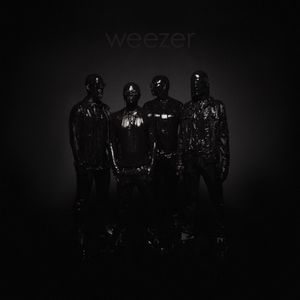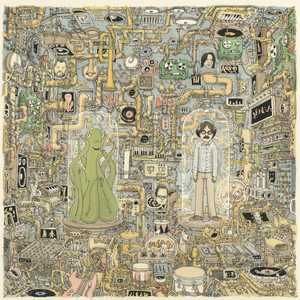

Weezer
Follow Your Favorite Band Today!
Top Weezer Community Posts
Story of Weezer
Weezer: The Story of the California Rock Icons
Born in the sun-drenched streets of Los Angeles in 1992, Weezer burst onto the scene with an infectious blend of power pop and alt-rock. The band's core lineup, cemented in 2001, features the songwriting mastermind Rivers Cuomo (vocals, guitar), the rhythmic powerhouse Patrick Wilson (drums), the melodically gifted Brian Bell (guitar), and the steady bassist Scott Shriner. Together, they've sold millions of records worldwide, cementing their status as rock royalty.
Their 1994 debut, affectionately dubbed the "Blue Album," catapulted them into the spotlight. With a string of anthemic singles like "Buddy Holly," "Undone – The Sweater Song," and "Say It Ain't So," the album went multi-platinum and solidified their place in music history.
However, Weezer weren't content to rest on their laurels. Their 1996 follow-up, "Pinkerton," took a decidedly darker turn, showcasing a raw, abrasive sound that initially alienated some listeners. Yet, this bold experiment, though commercially unsuccessful at the time, eventually earned its rightful place as a cult classic and a critical masterpiece.
Following a brief hiatus after "Pinkerton," Weezer returned with a renewed focus on accessible pop sensibilities in their 2001 release, "The Green Album." The singles "Hash Pipe" and "Island in the Sun" captured the hearts of fans, revitalizing their commercial success and garnering widespread critical acclaim.
Both the "Blue Album" and "Pinkerton" are now considered cornerstones of 90s rock, a testament to Weezer's ability to push boundaries and consistently deliver memorable music that continues to resonate with fans across generations.
Frequently Asked Questions
Bands you may like
More Alternative Rock Bands
Discover more bands in the Alternative Rock genre and explore the diverse sounds that define this musical style.
Browse All Alternative Rock BandsMore Bands from United States
Discover the rich musical heritage of United States and explore bands that represent the country's unique sound and culture.
Browse All United States Bands














